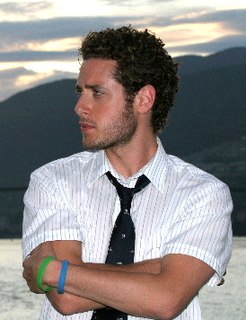A Quote by John Keats
To the very last, he [Napoleon] had a kind of idea; that, namely, of la carrière ouverte aux talents, - the tools to him that can handle them.
Related Quotes
The Parisian is to the French what the Athenian was to the Greeks: no one sleeps better than he, no one is more openly frivolous and idle, no one appears more heedless. But this is misleading. He is given to every kind of listlessness, but when there is glory to be won he may be inspired with every kind of fury. Give him a pike and he will enact the tenth of August, a musket and you have Austerlitz. He was the springboard of Napoleon and the mainstay of Danton. At the cry of "la patrie" he enrols, and at the call of liberty he tears up the pavements. Beware of him!
Suppose someone sits down where you are sitting right now and announces to me that he is Napoleon Bonaparte. The last thing I want to do with him is to get involved in a technical discussion of cavalry tactics at the Battle of Austerlitz. If I do that, I'm getting tacitly drawn into the game that he is Napoleon Bonaparte.
I, perhaps, at that stage, had the kind of ambition that others may have had; you know, namely based on the concept that if you were trained the world was out there waiting for you to provide a certain kind of leadership and give you an opportunity. But with the Depression, I began to see that there were certain social forces over which the individual had very little control.






































